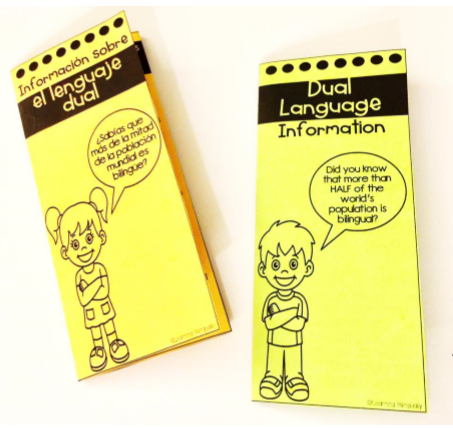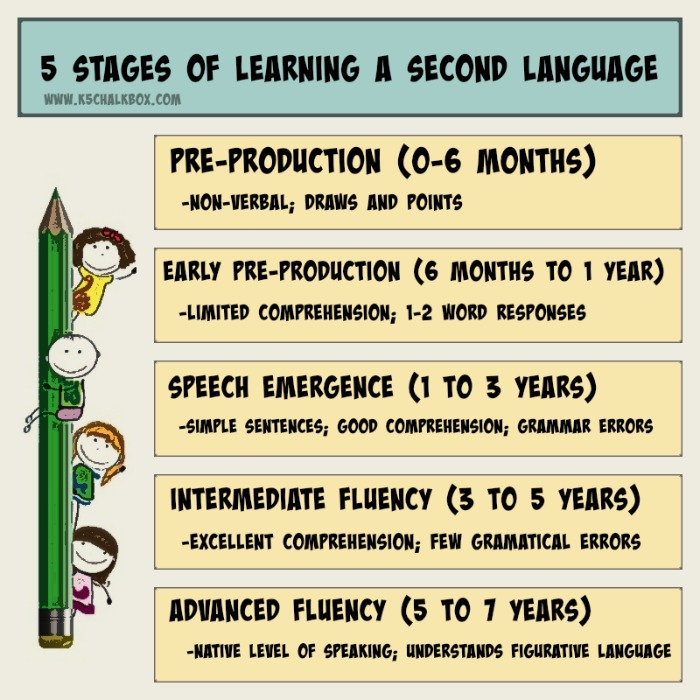
Many families who place their child in a Dual Language program but don’t speak the target language at home might feel overwhelmed at times. If you are one of those parents you may be wondering, “What do we do if we don’t speak the Spanish at home?” “Is there any way we can support our kids at home if we don’t speak Spanish?” “Did I make the right decision in placing my child in this program?” “Will my child be successful in the program if no one at home speaks Spanish?”
Parents – it’s okay! First, remember that language learning is a long journey and while there will be hurdles, the amazing growth you will see in your child will be beautiful. Even though you may not speak Spanish at home, your child still needs your support at home! There are many things you can do at home to support your child’s bilingual journey. Here are some tips:
- Show/model that you value the target language at home – kids will pick up on this!
- Set strategic and realistic goals for your family
- Consistency is key – it’s a journey that takes time, patience and persistence
- Studying for 15-20 minutes a day is better than 2 hours on one day – where your child will likely lose focus anyways!
- Don’t worry so much about grammar – HAVE FUN!!
- Have students create a language journal (using a composition notebook/spiral notebook) where they write in words/phrases in the target language and an illustration of the image (it will become their own personal dictionary of sorts!)
- Practice phrases you frequently use (add them to your journal)
- Use the language as often as possible
- Have Spanish/English dictionaries, cognate dictionaries, academic language dictionaries/glossaries at home
- New York University (NYU) has free online glossaries in a ton of different languages for different subjects/grade levels: https://research.steinhardt.nyu.edu/metrocenter/resources/glossaries
- Listen to tv shows, movies, podcasts and music in the target language
- Create a Spotify or itunes music bilingual/Spanish playlist for your child!
- Language is FOR COMMUNICATION so talk to anyone you can that speaks the target language
- Create as many opportunities as possible to speak the language and interact with native speakers or other bilingual children and families
- Spend time IN the language, not just “learning about the language”
- Younger kids- Speak and listen to the language as much as you can
- Older kids- speak listen, read and write the language as much as you can
- Parents – join a forum (The Bilingual Zoo) or a Facebook group where you can connect with other parents and families in similar situations
- Connect with the other families in your Dual Language program and set up virtual play dates, hang outs, or study dates to help your child practice the target language and for parents to get that support from other parents in the same program
- The more exposure your child has, the more things will get easier and start making more sense
Check out this free Dual Language Information Brochure for Parents
